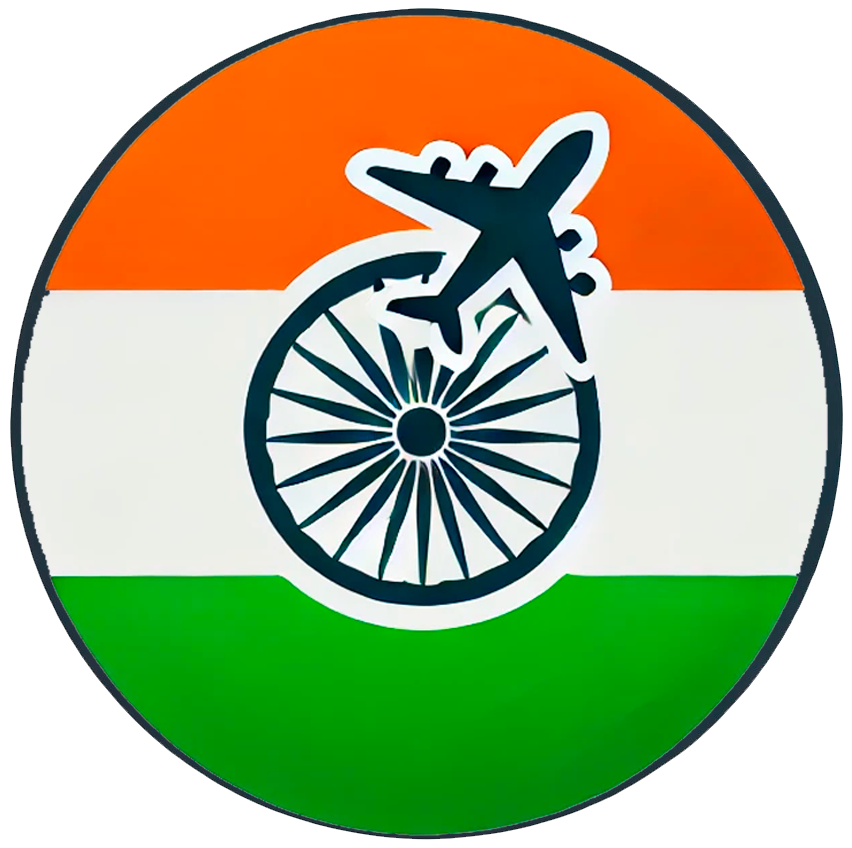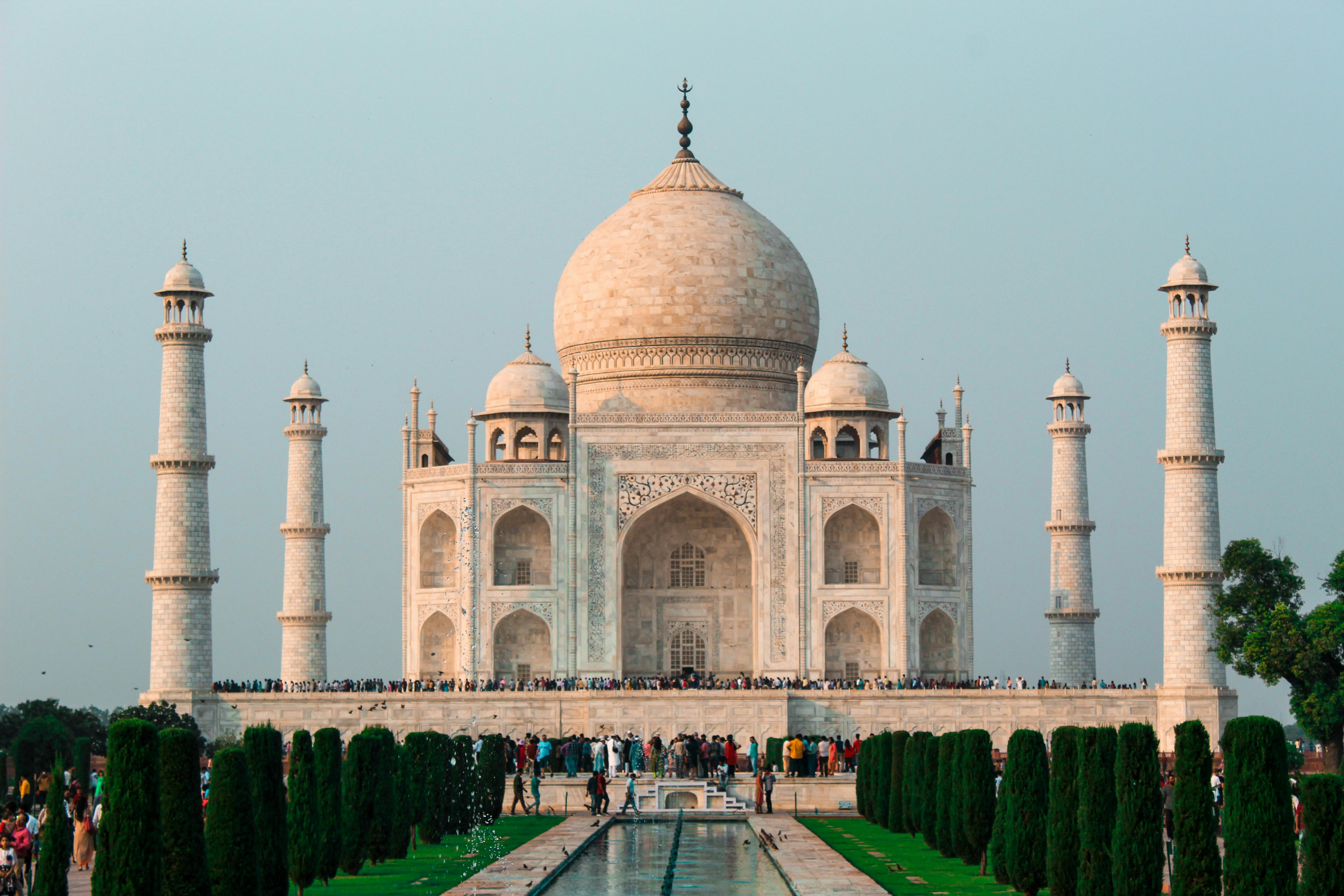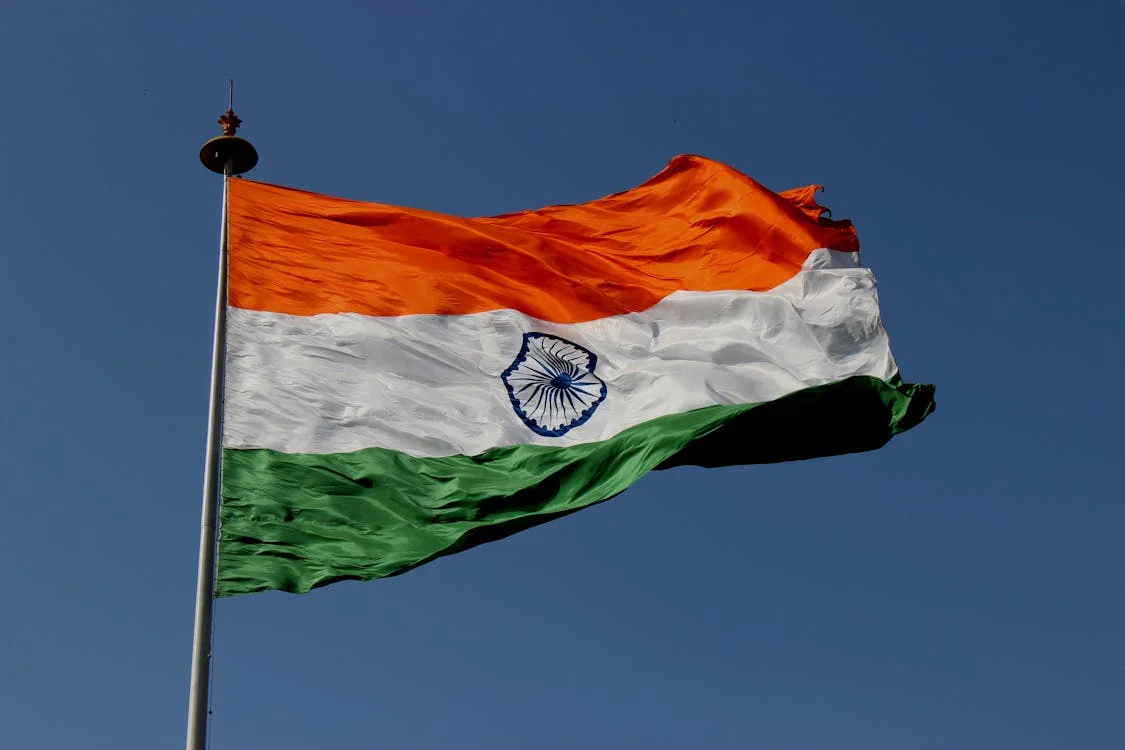India Travel Requirements
![]() All ASEAN member states.
All ASEAN member states.
![]() All European Union member states.
All European Union member states.
Visa-Exempt Countries:
-
 Bhutan
Bhutan
-
 Nepal
Nepal
-
 Maldives
Maldives
Health Coverage
Securing comprehensive health insurance is vital when traveling to India. Medical expenses can be significant, especially for foreigners. A solid health insurance plan ensures you have access to quality medical care without the stress of high costs.
India offers a wealth of experiences, but unexpected health issues can arise. Having valid health coverage provides peace of mind, allowing you to enjoy your trip fully.
Private hospitals in India offer excellent care but can be costly. Insurance helps cover these expenses, ensuring you receive necessary treatments promptly.
In severe cases requiring advanced care, medical evacuation might be necessary, which can be extremely expensive. Comprehensive insurance often covers these costs, focusing your attention on recovery.
Review your policy before traveling to ensure it covers emergency care, hospitalization, medications, and evacuation if needed. Keep your insurance provider's contact information handy during your trip.
Currency
The official currency is the Indian Rupee (INR). You can exchange foreign currencies at banks, authorized dealers, and exchange bureaus in tourist areas and major cities.
US Dollars and Euros are widely accepted, especially in larger hotels and tourist-centric businesses. Carry smaller denominations for easier transactions and better exchange rates.
Credit cards with Visa or Mastercard logos are commonly accepted in hotels and restaurants. However, in rural areas, cash is preferred, so keep some on hand.
For a hassle-free experience, carry a mix of Indian Rupees and some US Dollars or Euros. Inform your bank about your travel plans to ensure seamless access to your funds.
Culture and Etiquette
1. India is a land of immense cultural diversity. Respecting local customs will enhance your experience.
2. A friendly handshake or a 'namaste' with a smile goes a long way when greeting locals.
3. Dress modestly, especially when visiting religious sites or rural areas. Conservative clothing that covers your shoulders and knees is advisable.
4. Remove your shoes when entering homes or sacred places as a sign of respect. Accepting food or drinks offered is a polite gesture.
5. While dining, using your right hand is customary in many regions.
6. Avoid pointing your feet at others, as it's considered impolite.
7. Embracing these cultural nuances will enrich your journey and foster positive interactions with the people you meet.
COVID-19 Guidelines
India has lifted all COVID-19 travel restrictions. Travelers are no longer required to present a negative COVID-19 test result or vaccination certificate upon entry.
However, be aware that random COVID-19 screenings may still occur at airports. Travelers might be asked to show a negative test result or vaccination proof during these checks.




 Checking...
Checking...